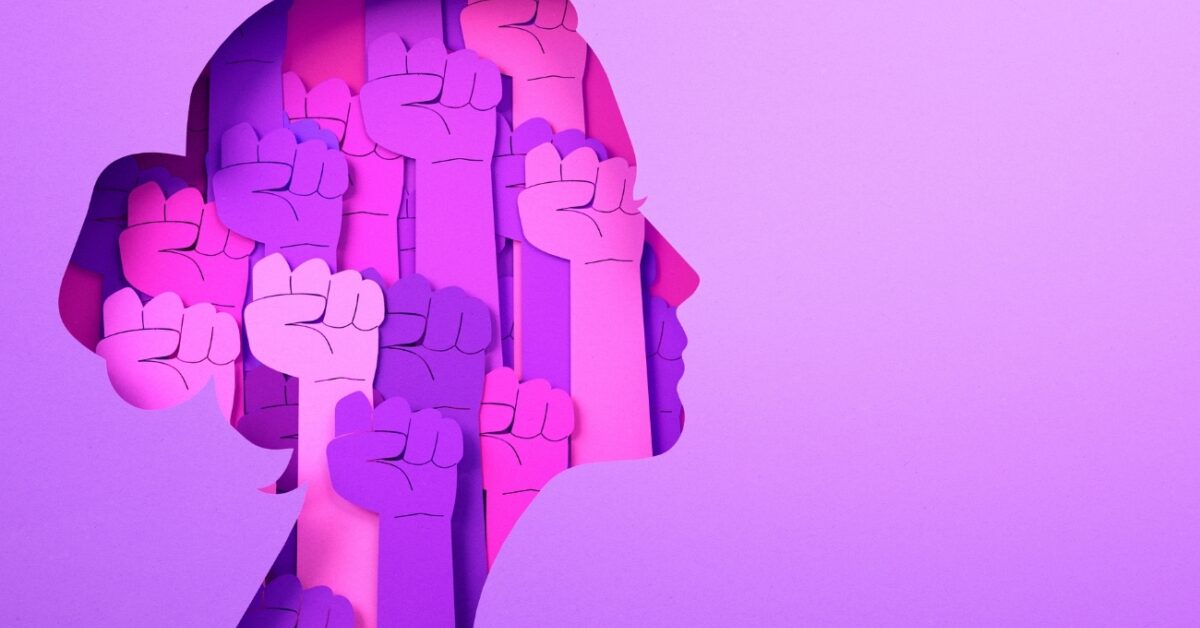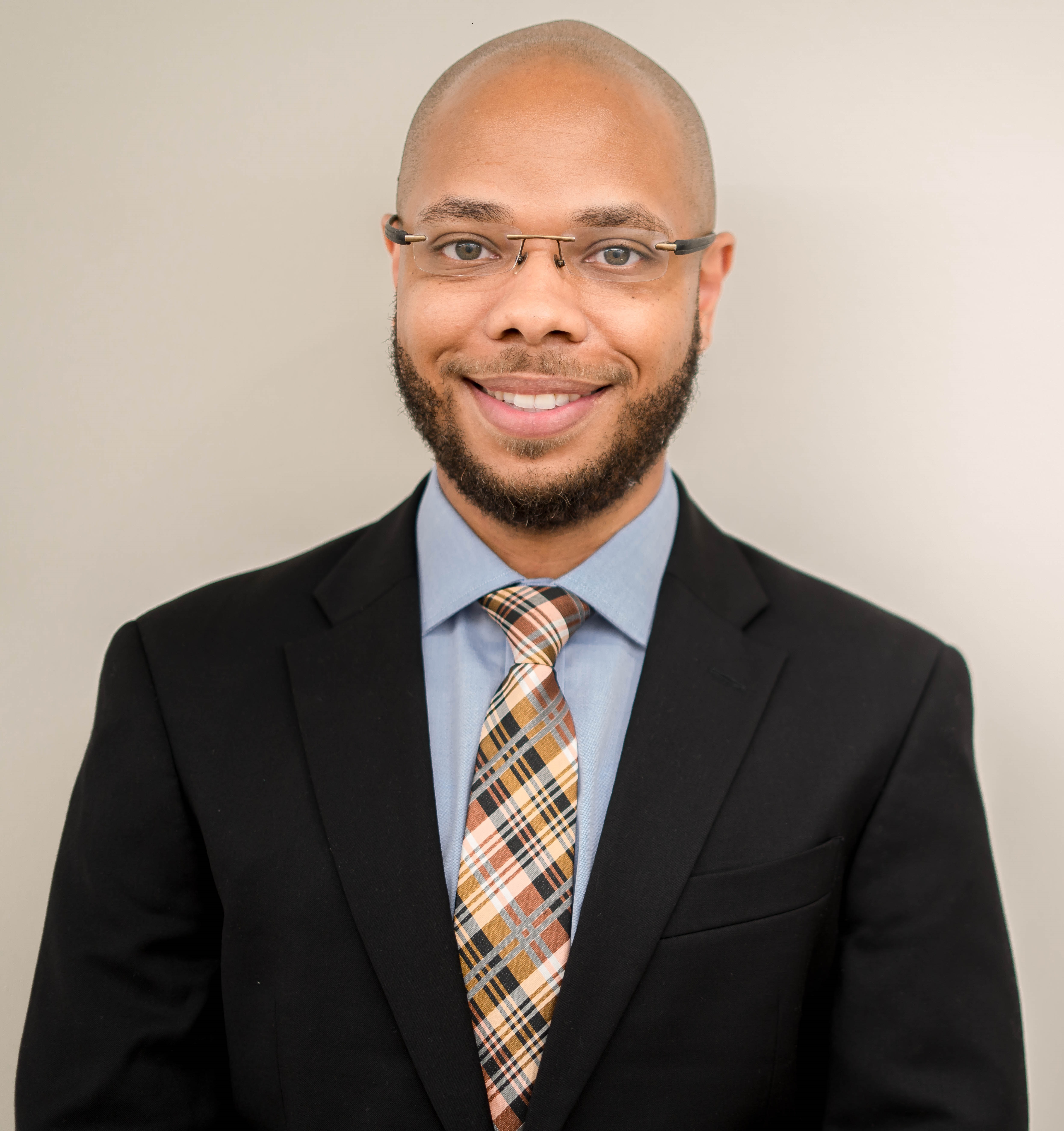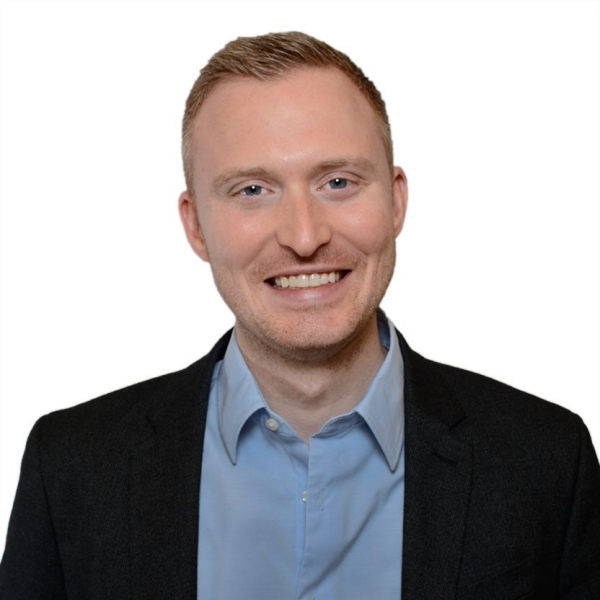How the LGBTQ+ Victory Institute Training Provides Openly Queer Candidates With the Tools to Lead
The Detroit training is one for the books

When Pride Source sat down with Chase Cantrell following the LGBTQ+ Victory Institute candidate training held in Detroit earlier this month, he explained right out of the gate why the immersive training was “extremely valuable” to him.
“I am strongly considering running for mayor in 2025,” said Cantrell, a proud Detroiter and founder of Building Community Value, a program that teaches small-scale real estate development to residents of Detroit, Hamtramck and Highland Park.
Cantrell, who ran for Detroit Charter Commission in 2018, said the training refreshed the basics of campaigning for him while highlighting the realities of being an openly LGBTQ+ candidate. He said he was struck by the “really strong, beautiful experience” of interacting with the other LGBTQ+ candidates and learning from openly queer elected officials.

“It was sobering but also encouraging and uplifting,” Cantrell said. “Sobering in the sense that all of [the elected officials] experienced very real challenges that they had not only on the campaign trail but with colleagues once they were elected.” Homophobia still exists, he acknowledged, citing the statistic from the Victory Institute report When We Run that 71 percent of openly LGBTQ+ candidates face homophobic attacks on the campaign trail.
Local out elected officials selected as panelists for the training included Michigan Sen. Jeremy Moss, state Reps Laurie Pohutsky and Jason Hoskins, and Detroit City Councilmember Gabriela Santiago-Romero. A school board trustee from Ohio, Dion Manley, shared the experience of being the first openly trans person elected to public office in his state.
Elliot Imse, executive director of the LGBTQ+ Victory Institute, spoke with Pride Source prior to the training. He said one of the reasons Detroit was chosen was that “there are a lot of great LGBTQ elected officials in the state. In the past few years, there's been a lot of history-makers in Michigan: LGBTQ people who achieved the story first and moved into public office for the first time.”
Holding the training in Detroit this fall was part of a larger effort by the Victory Institute to focus on the Midwest. “We think it's incredibly important to have more LGBTQ+ representation in the Midwest,” Imse said. “And as part of that, we wanted to make sure that our candidate campaign training was accessible to as many cities in the region as possible.” To that end, Chicago will host the Institute’s signature four-day “boot camp” style training in July, 2024. Other 2024 trainings include Phoenix in February and Charlotte, North Carolina in April.

The LGBTQ+ Victory Institute, a global organization that works to build LGBTQ+ leadership in public office, has been conducting candidate trainings for the past 30 years.
“Our theory of change is that when LGBTQ+ people are in the halls of power, it changes hearts and minds,” Imse said. “It changes the policy debates and leads to more inclusive legislation. So that's really how we position ourselves within the movement and our work.”
Certainly, running for office today is far different from what it was in the ‘90s. But for LGBTQ+ candidates, more has changed than just the advent of the internet and smartphones.
“One part of our training that has remained consistent over the years is the importance of being authentic and open about who you are,” Imse said. “But the degree to which you talk about it has changed dramatically over the 30 years that we've been conducting this training.”
Now LGBTQ+ candidates are encouraged to share their experience as a way to relate to voters; diverse sexual orientations and gender identities are considered assets on the campaign trail. At the same time, candidates must learn how to balance authenticity with focusing on the critical issues in their district, because the reality is that most voters are not LGBTQ+ and LGBTQ+ equality is often not their top concern.
Cantrell said he didn’t arrive with particular expectations, but he was impressed with the diversity of the participants. “I had never been in a room of LGBTQ political hopefuls,” Cantrell said. “On the first day, the table that I sat at, the individual next to me was a trans woman, and the person beside her was an out drag queen who's running for office in Florida.”
Even with his experience as Lt. Gov. Garlin Gilchrist’s fundraiser for Gilchrist’s 2017 city council campaign, the challenge and expense of financing a large-scale campaign was an eye-opener for Cantrell. He’s well aware running for mayor of a major city would involve a great deal of call time, among other things.
“You have to be so diligent,” Cantrell said, “setting aside time every single day to call your network and fundraise and not being shy or shameful about asking for money.” He also noted costs like mailers and paid canvassers.
Krystina Edwards is another local participant who noted how expensive campaigns can be, TV ads in particular, whose cost she called “staggering.” She also learned how raising money for a political campaign differs from her own experience fundraising for a nonprofit.
Recruited to attend the training by Equality Michigan, Edwards is the community engagement manager for the Ruth Ellis Center. When she enrolled in the program, Edwards’ primary focus was to learn how the training could boost her advocacy work for REC.
Then she had another idea. “I was like, you know what? Maybe I can go into this thing and learn more about politicians: how they function, how they work, how we can join further with them and do more work," Edwards said. "And I left purely with that.”
But that’s not all. The training planted a seed: Could Edwards become the first trans woman of color elected in Michigan? She doesn’t think she’s cut out to be a candidate, but Edwards can see herself working behind the scenes. The training is also suitable for people interested in working on campaigns.
“I've learned that I might have an interest in potentially fundraising or being a campaign manager for a queer politician who's running for office,” Edwards said. “I don't have a need or interest to be a politician myself. But I would love to see others get there for sure.” Edwards lives in Taylor and said she would like to get involved in local politics when the opportunity arises.
Equality Michigan was just one of the organizations that partnered with the Victory Institute to promote the training locally. LGBT Detroit, Great Lakes Political Academy (GLPA-LEAD) and the Unity Fund were involved as well.
Oscar Renautt is president of Unity Fund’s steering committee. As leader of a political action committee exclusive to LGBTQ+ candidates in Southeast Michigan, Renautt called the training “extremely important,” not just for LGBTQ+ candidates but those who support them.
“We don't just want to support any LGBTQ candidates,” Renautt said. “We want to support the ones that are prepared and qualified. We want to back the ones that prepare their campaigns, their image, their focus and their message really well.” He added that the Victory Institute does just that: It provides LGBTQ+ candidates with the tools to be effective.
Renautt made another important observation. He said the LGBTQ+ Victory Institute can help queer candidates who haven’t had access or exposure to politics before: for example, an individual in a small town who wants to make a difference but otherwise wouldn’t have access to resources. “A person like that would benefit tremendously from this,” Renautt said. “All the changes start in small towns locally.”
It should be noted that the LGBTQ+ Victory Institute training is intense. It’s called a boot camp, after all. Participants are expected to stay at the designated hotel and attend all sessions. The days are long and include nightly homework. But for attendees in Detroit, there was also a Friday night reception at a cocktail bar where participants could network with elected officials and representatives from the various organizations in a fun, relaxed environment.
For Imse, a native Wisconsinite, traveling from Washington, D.C. to the Midwest is all in a day’s work. He told Pride Source he and his team were looking forward to the Detroit training, and they expected a full house of 40 participants from across the country. The demand is great.
“We know this training has a lot of impact,” Imse said. “We wish we could hold more trainings and include even more people in them if we had the resources because the need is there. We know that when LGBTQ people get trained and know how to use their identity as an asset on the campaign trail, that they often can pull off a win on election night.”









